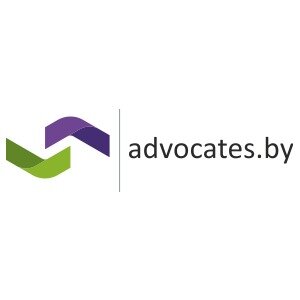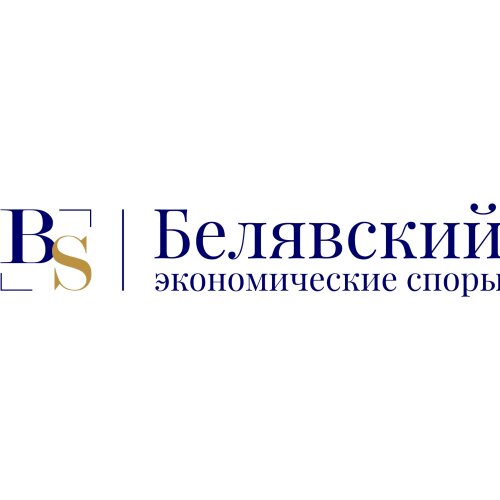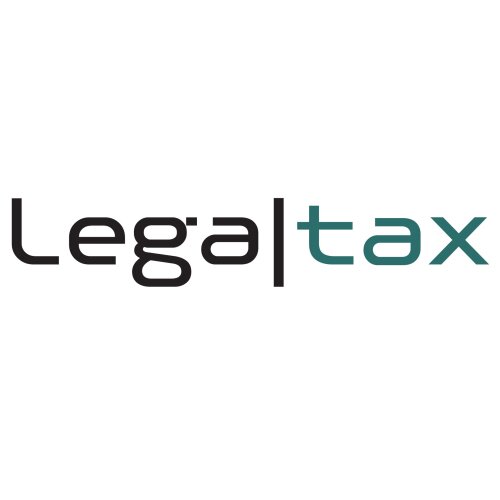Best Tax Increment Financing Lawyers in Minsk
Share your needs with us, get contacted by law firms.
Free. Takes 2 min.
List of the best lawyers in Minsk, Belarus
About Tax Increment Financing Law in Minsk, Belarus
Tax Increment Financing (TIF) is an economic development tool used by municipalities, including Minsk, Belarus, to stimulate investment in designated areas. Although a relatively new concept for Belarus, TIF involves capturing future increases in property tax revenues that result from the rising property values due to improvements in designated districts. These funds are then reinvested in public infrastructure and facilities to continue fostering economic growth. The implementation of TIF projects in Minsk requires adherence to specific legal frameworks and careful coordination with public and private stakeholders.
Why You May Need a Lawyer
Engaging in Tax Increment Financing can be complex and involves navigating multiple layers of regulatory and legal guidelines. Here are some common situations where you may need legal assistance:
- Understanding the eligibility and feasibility of proposed TIF projects.
- Negotiating terms between public entities and private developers.
- Ensuring compliance with local and national laws and regulations.
- Preparation and review of contractual agreements related to TIF projects.
- Resolving disputes that may arise during the TIF process.
- Advising on the financial implications of participating in TIF schemes.
Local Laws Overview
Tax Increment Financing in Minsk is governed by several key legal elements to ensure its successful implementation:
- The statutory framework outlining how TIF districts are designated and managed.
- Guidelines for the calculation and allocation of tax increments.
- Regulations on permissible uses of TIF-generated funds.
- Requirements for transparency and accountability in the management of TIF projects.
- Procedures for community involvement and stakeholder consultation.
Being versed in these local laws is crucial for any party involved in TIF projects.
Frequently Asked Questions
What is Tax Increment Financing?
Tax Increment Financing (TIF) is a public financing method used for redevelopment and community improvement projects. It involves capturing the future increased property tax revenue generated by rising property values within a specific area to fund infrastructure investments and improvements.
How does TIF benefit the community?
TIF aims to stimulate economic development, reduce blight, and improve public infrastructure, ultimately enhancing property values and generating additional tax revenue that benefits the entire community.
Who can initiate a TIF project in Minsk?
Typically, TIF projects can be initiated by local government authorities, private developers, or a combination of both working as partners. The initiative process may require approval and collaboration with various governmental entities.
What types of projects can be funded using TIF?
TIF funds can be used for a variety of projects, including infrastructure improvements, public amenities, commercial and residential property development, and environmental remediation projects.
What are the risks associated with TIF?
Potential risks include over-reliance on projected tax increments that do not materialize, leading to funding shortfalls, legal challenges, and insufficient monitoring of project outcomes.
Can existing public infrastructure be improved using TIF funds?
Yes, TIF can be used to improve existing public infrastructure, provided it is within the designated TIF district and aligns with the economic development goals set out in the TIF plan.
How long does a TIF district last?
The duration of a TIF district varies based on the size, objectives, and legal requirements of the project but typically ranges from 15 to 25 years.
What role do property owners play in TIF projects?
Property owners within the TIF district can contribute input during the planning process, benefit from property value increases, and participate in public consultations to address community concerns.
Do TIF districts increase taxes on property owners?
No, TIF districts do not directly increase property taxes on owners. Instead, they leverage future tax revenue from expected increases in property values to finance improvements.
Is public approval required for TIF projects?
Yes, TIF projects typically require public discussion and approval, involving local government bodies and community members to ensure transparency and community involvement.
Additional Resources
If you're seeking further information on Tax Increment Financing in Minsk, consider reaching out to the following resources:
- The Ministry of Economy of Belarus, which oversees economic development initiatives.
- The Minsk City Executive Committee, responsible for urban planning and development.
- Local chamber of commerce or professional organizations specializing in urban development and real estate.
- Legal professionals with expertise in public finance and municipal law.
Next Steps
If you believe you require legal assistance with Tax Increment Financing in Minsk, consider the following steps:
- Research and identify legal firms with experience in TIF projects and municipal financing.
- Schedule consultations to discuss your specific needs and objectives with potential legal advisors.
- Prepare relevant documents and information related to your TIF project for review by your legal counsel.
- Ensure your legal advisor helps you understand your rights, responsibilities, and the legal processes involved.
- Engage actively with stakeholders and ensure compliance with all local regulations and requirements.
By following these steps, you can better navigate the complexities of Tax Increment Financing while aligning your project objectives with local development goals.
Lawzana helps you find the best lawyers and law firms in Minsk through a curated and pre-screened list of qualified legal professionals. Our platform offers rankings and detailed profiles of attorneys and law firms, allowing you to compare based on practice areas, including Tax Increment Financing, experience, and client feedback.
Each profile includes a description of the firm's areas of practice, client reviews, team members and partners, year of establishment, spoken languages, office locations, contact information, social media presence, and any published articles or resources. Most firms on our platform speak English and are experienced in both local and international legal matters.
Get a quote from top-rated law firms in Minsk, Belarus — quickly, securely, and without unnecessary hassle.
Disclaimer:
The information provided on this page is for general informational purposes only and does not constitute legal advice. While we strive to ensure the accuracy and relevance of the content, legal information may change over time, and interpretations of the law can vary. You should always consult with a qualified legal professional for advice specific to your situation.
We disclaim all liability for actions taken or not taken based on the content of this page. If you believe any information is incorrect or outdated, please contact us, and we will review and update it where appropriate.














